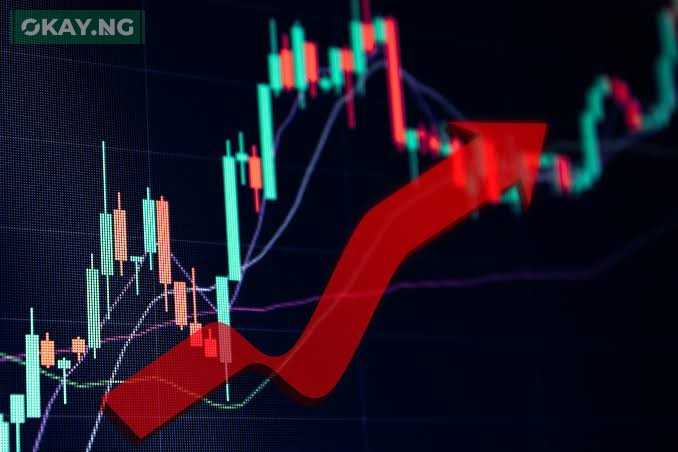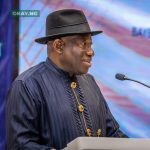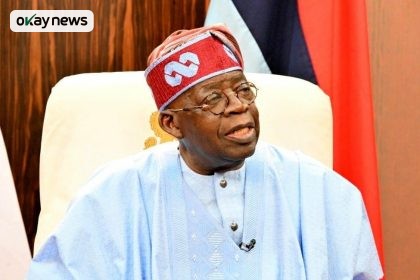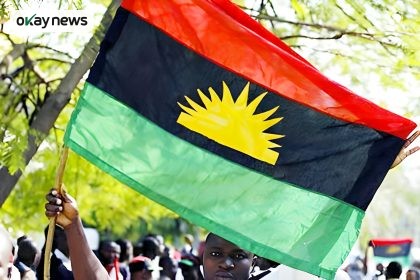Okay.ng reports that foreign investors divested a staggering ₦576.09 bn in equities from the Nigerian Exchange from January through June 2025, up sharply from ₦311.41 bn in H1 2024—a jump of nearly 85%. Total foreign activity hit ₦1.14 tn, more than double last year’s ₦540.48 bn .
Despite foreign inflows of ₦559.25 bn, net foreign portfolio position was negative ₦16.84 bn. Domestic investors dominated the market with ₦3.06 tn in trades—72.92% of total activity—up from ₦2.17 tn in H1 2024. Institutional investors accounted for ₦1.59 tn; retail investors, ₦1.47 tn.
Monthly data showed volatility. January traded ₦346.23 bn (domestic ₦269.39 bn, foreign ₦76.84 bn), with near-equal retail and institutional contributions. February rose to ₦448.52 bn, with foreign inflows of ₦43.67 bn and outflows of ₦47.93 bn; institutional began to edge ahead of retail trade. March saw an extraordinary spike: total trades soared to ₦1.29 tn, foreign inflows hit ₦349.97 bn and outflows ₦205.54 bn—yielding net foreign gain of ₦144.43 bn. Domestic institutional trades reached ₦273.74 bn; retail, ₦212.77 bn.
April slumped to ₦487.39 bn total trades. Foreign inflow plunged to ₦26.47 bn; outflows climbed to ₦70.20 bn. Retail trades were ₦174.10 bn; institutional, ₦180.62 bn. The reversal followed the US unveiling a 14% tariff on Nigeria.
In May, total trades rose to ₦700.50 bn. Foreign outflows stayed elevated at ₦60.94 bn; inflows were muted at ₦24.12 bn. Retail participation increased to ₦337.46 bn; institutional reached ₦244.13 bn.
June recorded ₦778.65 bn in trades: foreign inflows improved to ₦72.82 bn and outflows eased to ₦66.49 bn—resulting in a net positive foreign position of ₦6.33 bn. Institutional domestic trades rose to ₦364.71 bn; retail declined to ₦274.63 bn.
Analysts attribute the pattern to erratic US policies, high T‑bill yields, FX liquidity concerns, and policy instability. Johnson Chukwu noted: “We have to recognise that there have been inconsistencies in Mr Trump’s trade policies… foreign portfolio investors are still very active… investment in money market instruments was $4.2 bn… equity was only $117 m.” Olatunde Amolegbe emphasised that foreign portfolio investors are short‑term traders who exit once targets are met, but could return. And Dayo Adenubi highlighted their quantitative, short‑term orientation, often via index funds, contributing to liquidity and price discovery.
Investor mix shifting toward institutions raises sustainability concerns: retail traction peaked in May, then waned as inflation (above 22%) eroded disposable income.







